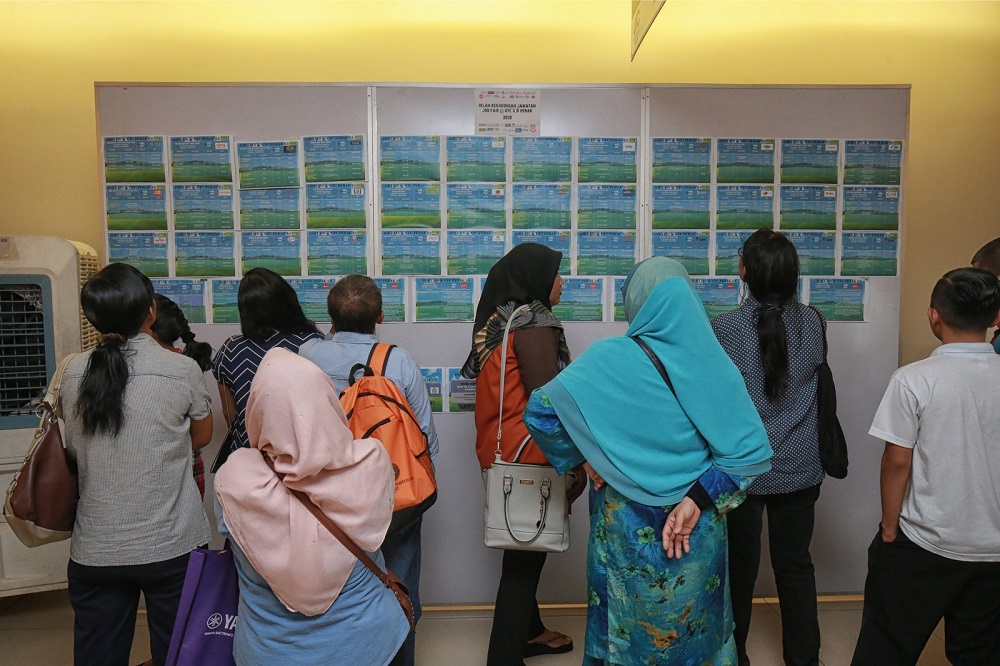KUALA LUMPUR, March 11 — A DAP leader has accused Centre for Governance and Political Studies (Cent-GPS) of racial incitement by putting out a biased survey on hiring discrimination that appeared to target Chinese employers.
Faiz Mustafa, a member of the party’s parliamentary researcher team, said the study was methodologically flawed with critical discrepancies that led to a dangerously misleading result seemingly aimed at furthering a “racially charged political agenda”.
Cent-GPS was founded by Umno senator Khairul Azwan Harun.
“It appears to be that the basis of this report is to reinforce stereotypical views of different ethnic groups and to further racially charged political agendas,” Faiz said in a statement.
“Dishonest studies like these do little to actually improve the current situation but instead pander to societal fears and further worsen inter-race relations.”
Last Thursday Cent-GPS released the findings of a controversial study on ethnic bias in private sector hiring, which claimed to have found racist attitudes among most Chinese companies that sought Mandarin-speaking applicants.
Faiz said the survey was rife with methodological flaws with the most critical being the seven applicants’ CVs, which he said were too small in number to get any conclusive results.
A larger sample ensures the experiment actually measures what is intended and exclude other possible factors.
“Ideally, each condition should be tested with a larger sample size and with multiple conditions to control extenuating factors (eg. using various photos with different level of attractiveness),” he said.
“By just using a handful of résumés to check on multiple factors, there is very little confidence that any one factor can have a significant influence on callback rates.”
Another crucial problem with the methodology was the omission of the manner in which the resumes were sent out, Faiz said, noting that there was no clear mention of how companies are selected other than just following what was presented by the online job portal.
The survey had no indication of how often multiple resumes were sent to the same company and whether each of the resumes were sent to a similar set of companies with similar demographics.
This creates doubt about whether the resumes were distributed in a manner that may have skewed the results in a certain direction, he said.
Also, the inconsistencies in the applicants’ qualification background could have added to other factors to contaminate the findings. For example, the Chinese male applicant in the survey had a degree from an Australian university while his Indian counterpart, from a local university.
Faiz said where applicants study could have a significant effect on their employability.
“The study makes the blanket assumption that all private tertiary institutions are equal and fails to control or account for this as a possible factor in the callback rates,” he said.



















